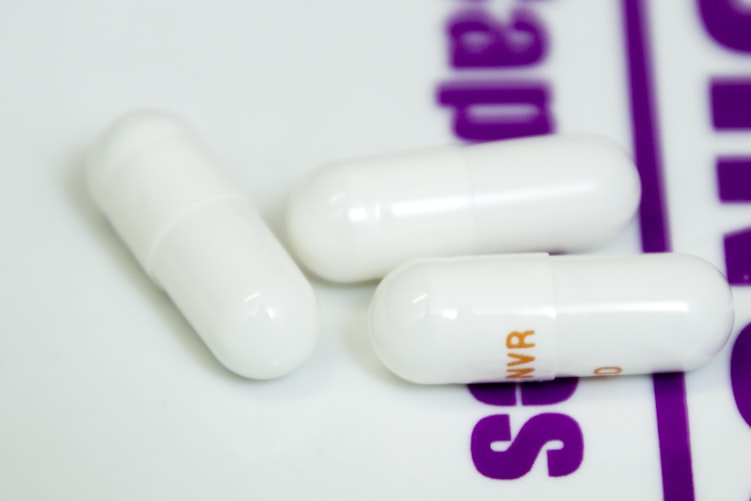Chemopreventative Drug Targets H. Pylori Infections
A chemopreventative drug being tested for its ability to inhibit the production of cell growth in multiple types of cancer was found to act directly on the bacterium Helicobacter pylori (H. pylori)--specifically during the treatment process of preventing stomach cancer.
According to a study published in the Proceedings of the National Academy of Sciences, the chemopreventative drug--DFMO (difluoromethylornithine)—was found to reduce the virulent characteristics of an H. pylori infection which serves as the primary cause of gastric cancer, the third leading cause of cancer deaths worldwide.
The H. pylori bacterium infects roughly half of the human population, but only 1 percent of the infected individuals will develop stomach cancer. Although the infection is treatable for stomach cancer prevention, it is not exactly clear who can or can’t be treated. Additionally, the infection might actually incur beneficial effects as esophageal reflux diseases, asthma and other allergic disorders will occur more frequently in those infected with H. pylori.
Learn more about H. pylori infections:
"H. pylori has co-evolved with humans for at least 60,000 years, probably longer, and attempting to prevent stomach cancer by eliminating the infection with widespread use of antibiotics is not necessarily a good idea," said Keith Wilson, MD, Thomas F. Frist Sr. Professor of Medicine and professor of Pathology, Microbiology and Immunology. "Our study suggests that it might be possible to reduce the virulence of the bacteria, without having to eliminate it. It's a speculative and unusual way to think about an infection, but it could be an interesting strategy."
DFMO was demonstrated in H. pylori-infected animal models to inhibit an enzyme responsible for the production of polyamines, which are cell growth compounds implicated in the development of stomach cancer. These research findings are now the basis of an ongoing clinical trial where DFMO is being used for stomach cancer prevention in Honduras and Puerto Rico.
Source: Vanderbilt Medical University
-
APR 30, 2024Immuno-Oncology Virtual Event Series 2024
-
MAY 07, 20243rd International Biosecurity Virtual Symposium
-
SEP 03, 2024Microbiology Week Virtual Event Series 2024
- See More


















































